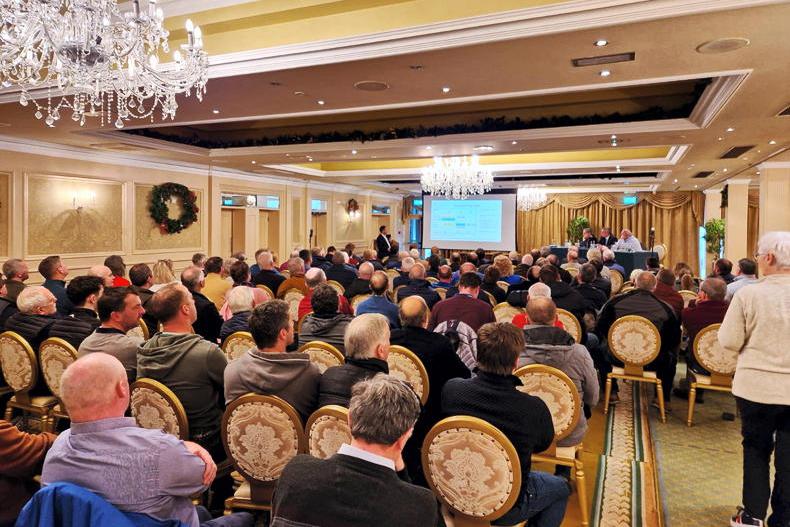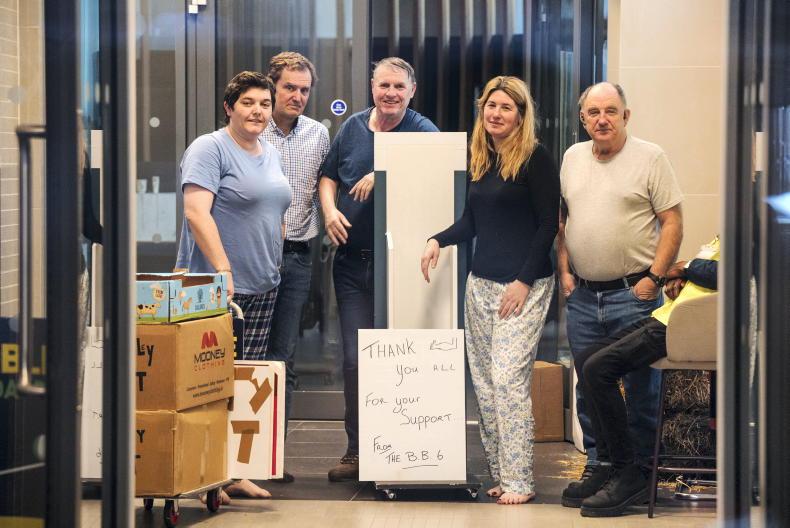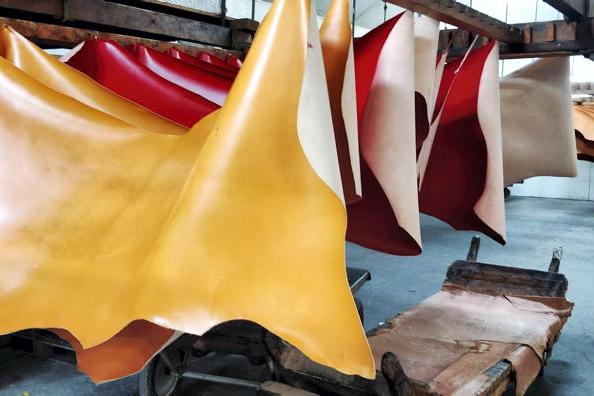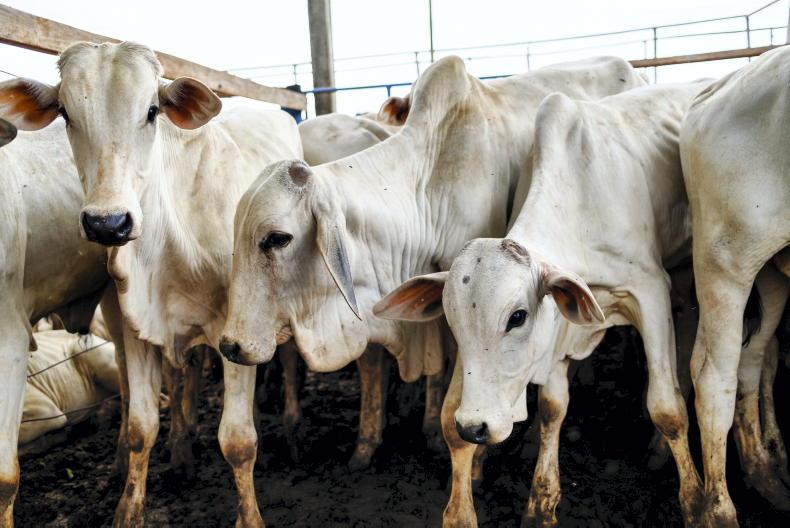The Irish bio-tech company IdentiGEN burst into public consciousness with the finding that beef burgers on sale in shops throughout Ireland and the UK contained horsemeat. There was a public outcry, Larry Goodman’s ABP group lost Tesco as a major customer for beef burgers from its dedicated Burger King plant in Ballybay and the plant was very soon after bought by Kepak. The work of identifying the horsemeat was carried out by Identigen, having been commissioned by the Food Safety Authority. IdentiGEN itself was founded much earlier in the 1990s, as a “Trinity campus company” with commercial possibilities, based on the work of Prof Paddy Cunningham, formerly deputy director of An Foras Taluntais – the research arm of what was to become Teagasc.
The result was that the beef undoubtedly came from a Brazilian beef animal because of the presence of the Nolura gene
The company specialised in the identification of genetic material and my first concrete experience of its expertise was when we in the Irish Farmers Journal asked it, at the peak of the Brazilian beef import controversy, to test a slice of beef served at a Department of Agriculture lunch. The result was that the beef undoubtedly came from a Brazilian beef animal because of the presence of the Nolura gene – a gene only found in cattle reared near the tropics. As time went on, the expertise of its two senior executives, Ciaran Meghen and Ronan Loftus, became widely recognised, with the giant Weston-owned Loblaw chain of Canadian supermarkets hiring them to develop a system that could guarantee the provenance of the beef sold in their shops. This was to assure Canadian customers that their beef was Canadian and not from the less well-regarded United States.
All of this original, high-quality scientific work attracted the attention of investors looking for opportunities
A similar contract was negotiated with the IFA, so that Irish pigmeat could be identified as such at the point of retail sale. Recently, a nationwide scheme was started in Switzerland to similarly guarantee the provenance of beef sold to the rich Swiss consumer. All of this original, high-quality scientific work attracted the attention of investors looking for opportunities and five years ago, a group bought a proportion of the shares. This week, the major multinational Merck paid a reputed €60m for the company. Ciaran Meghen and Ronan Loftus, as well as the longstanding financial controller, have become multi-millionaires.
Enterprise Ireland and Trinity have all done well financially
It has been quite a slog, with lots of ups and downs. Prof Cunningham and the late Roger McCarrick willingly sold their shares five years ago to enable the firm raise the capital it needed to develop. Enterprise Ireland and Trinity have all done well financially. By any standards, it is a good outcome and reflects well on Irish scientific capacity. I should declare, that up to the share sale in 2015, after my retirement as editor of the Irish Farmers Journal, I had a personal involvement with the company.









SHARING OPTIONS